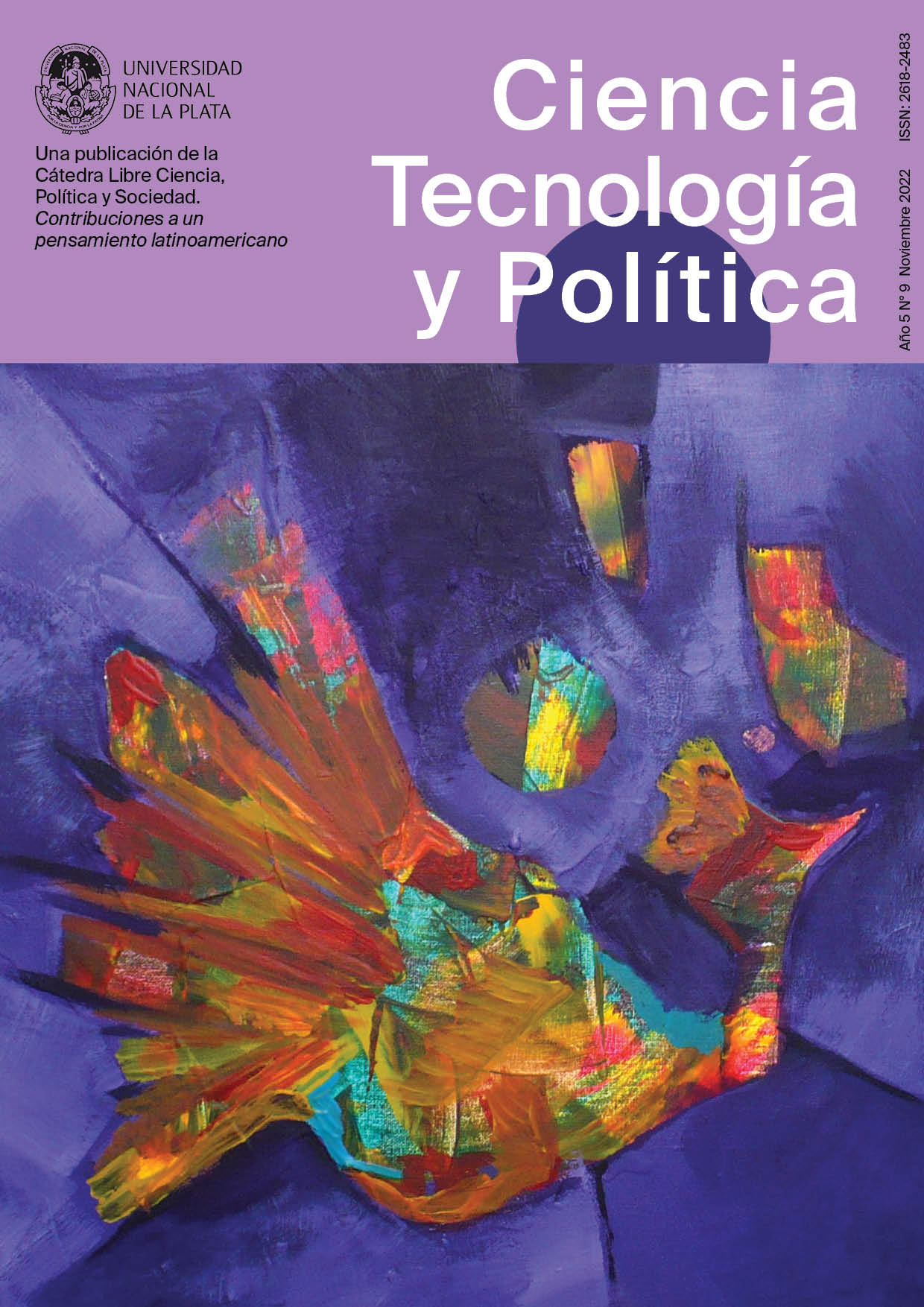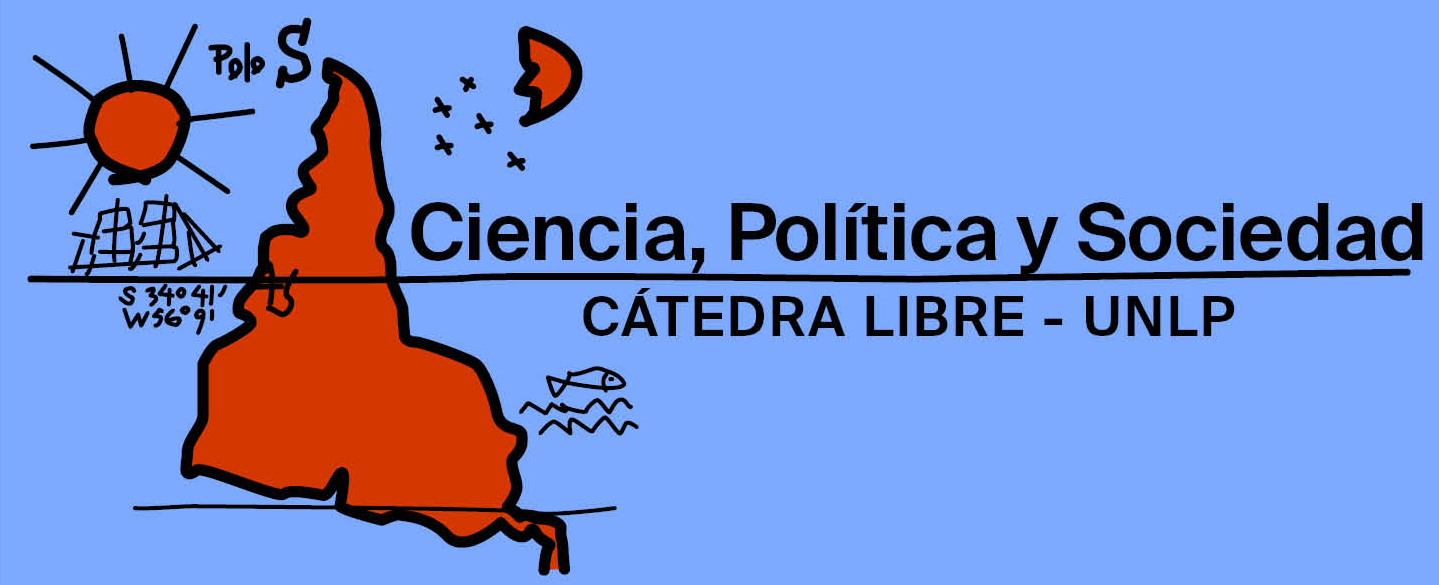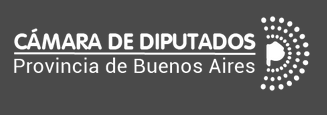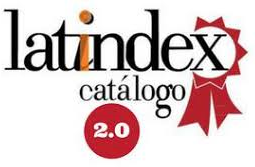"To criticize the rhetoric of technoscience does not imply being anti-science, but conceiving a science for a different society"
Interview with Silvio Funtowicz
DOI:
https://doi.org/10.24215/26183188e079Keywords:
post-normal science, technoscience, critical epistemology, complexity, uncertaintyAbstract
We interview Silvio Funtowicz, philosopher of science born in Argentina who developed the category of post-normal science as a way of understanding the links between science and politics in contexts of uncertainty and complexity. This is one of the most relevant critical epistemologies of the last decades, with theoretical innovations such as extended peer community, his emphasis on the quality of knowledge (rather than its truth value) as an input for decision making, and the quest for a responsible science of anticipation. A graduate in Mathematics from CAECE University, Funtowicz worked as a researcher in scientific institutes in England, the European Commision, and Norway.
Downloads
Metrics
Published
How to Cite
Issue
Section
License

This work is licensed under a Creative Commons Attribution-NonCommercial-ShareAlike 4.0 International License.
The authors whose texts are published in this Journal surrender their ownership rights in favour of the editor in a non exclusive manner, i.e. the authors can enter into other independent and additional contracts to publish their text, e.g. including it in an institutional repository, thematic or otherwise, publish it in a book, or others, as long as it is overtly stated that the work was first published in this Journal.
The responsibility for each published paper as regards its content relies exclusively on its authors, holding the editors harmless for any legal liabilities.
The texts of the Journal shall be published under the Creative Commons 4.0 BY-NC-SA license. Therefore, the editors are free to:
1) Share, copy and redistribute the material using any means or format.
2) Adapt, remix, transform and create from the material, under the following conditions:
a) Attribution — credit to this work must be given in an appropriate manner, providing a link to the license and indicating if changes have been made.
b) Non-Commercial Use — no use may be made of the published material for commercial purposes.
c) Share Equal — Authors remixing, transforming or creating from the material must distribute their contribution under the same license as the original.




































